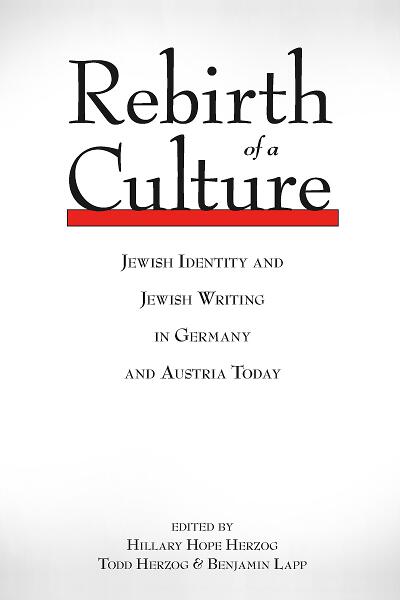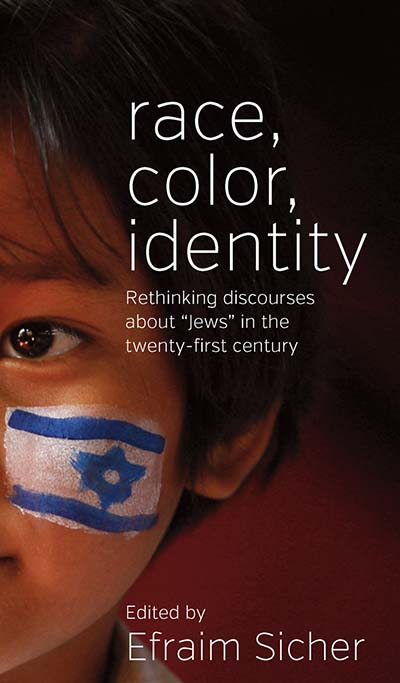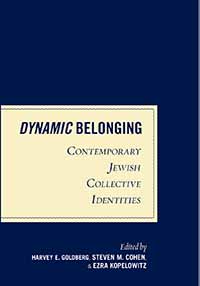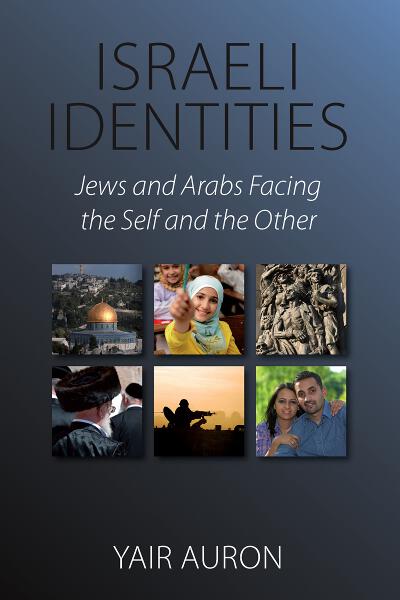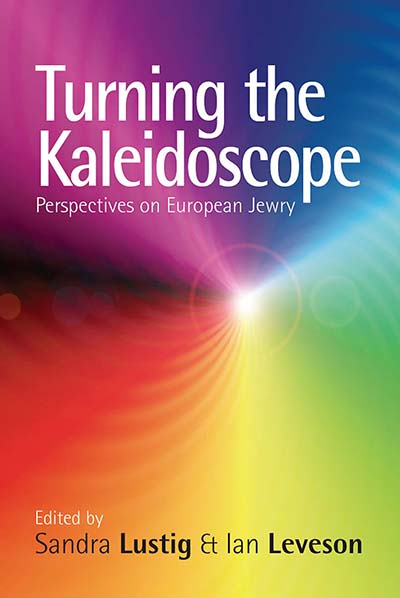
Email Newsletters
Sign up for our email newsletters to get customized updates on new Berghahn publications.
Turning the Kaleidoscope
Perspectives on European Jewry
Edited by Sandra H. Lustig and Ian Leveson
252 pages,
ISBN 978-1-84545-076-2 $135.00/£104.00 / Hb / Published (May 2006)
ISBN 978-1-84545-535-4 $34.95/£27.95 / Pb / Published (March 2008)
eISBN 978-0-85745-579-6 eBook
Reviews
“...with its assertiveness as well as the confidence and sense of excitement expressed on its pages, the volume is in itself a document of the tremendous change that has occurred in Europe. The multicultural Europe that appears to be emerging will indeed possess a different culture from the humanist universalism (or worse) of the nineteenth and twentieth centuries, which could not tolerate Jewish difference. And it is conceivable that, as this volume claims, a recovering European Jewry will develop its own voice and weight at a time when Diaspora Jewries worldwide are moving beyond the Israel- and Shoah-focused identities of the postwar era.” · European History Quarterly
“...a valuable contribution to the study of postwar Jewish life. In attempting to reverse popular misperceptions about the fate of continental Jewry after World War II, it enables readers to hear ‘voices’ that have been ignored for too long.” · Shofar
Description
Far from being a blank space on the Jewish map, or a void in the Jewish cultural world, post-Shoah Europe is a place where Jewry has continued to develop, even though it is facing different challenges and opportunities than elsewhere. Living on a continent characterized by highly diverse patterns of culture, language, history, and relations to Jews, European Jewry mirrors that kaleidoscopic diversity. This volume explores such key questions as the new roles for Jews in Europe; models of Jewish community organization in Europe; concepts of diaspora and galut; a European-Jewish way of life in the era of globalization; and European Jews' relationship to Israel and to non-Jews. Some contributions highlight experiences of Jews in Britain, Sweden, Norway, Hungary, Austria, Germany, and the Netherlands. Helping us to understand the special and common characteristics of European Jewry, this collection offers a valuable contribution to the continued rebuilding of Jewish life in the postwar era.
The daughter of German-Jewish refugees, Sandra Lustig was born in the US and lives in Germany. She works as a free-lance consultant, translator and editor. Her Jewish activities include founding and running a Jewish Stammtisch, an informal monthly gathering of Jews in Berlin; leading sessions at various Jewish conferences; and serving on the Executive Committee of Bet Debora for the 2009 conference in Sofia.
Ian Leveson, Scottish computer specialist, social, Jewish, and environmental activist, sees Germany through British and Jewish eyes, and Jewry through European eyes. His research interests include Jewry's adjustment to European integration, economic liberalization, and Globalization. He has participated in a number of grassroots initiatives to rebuild "Jewish civil society" in Berlin.

